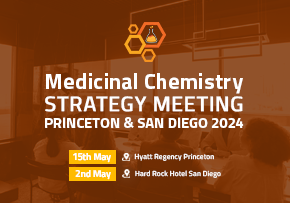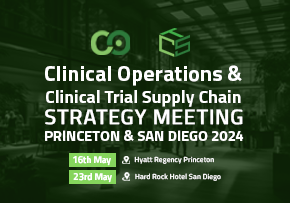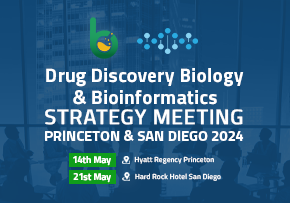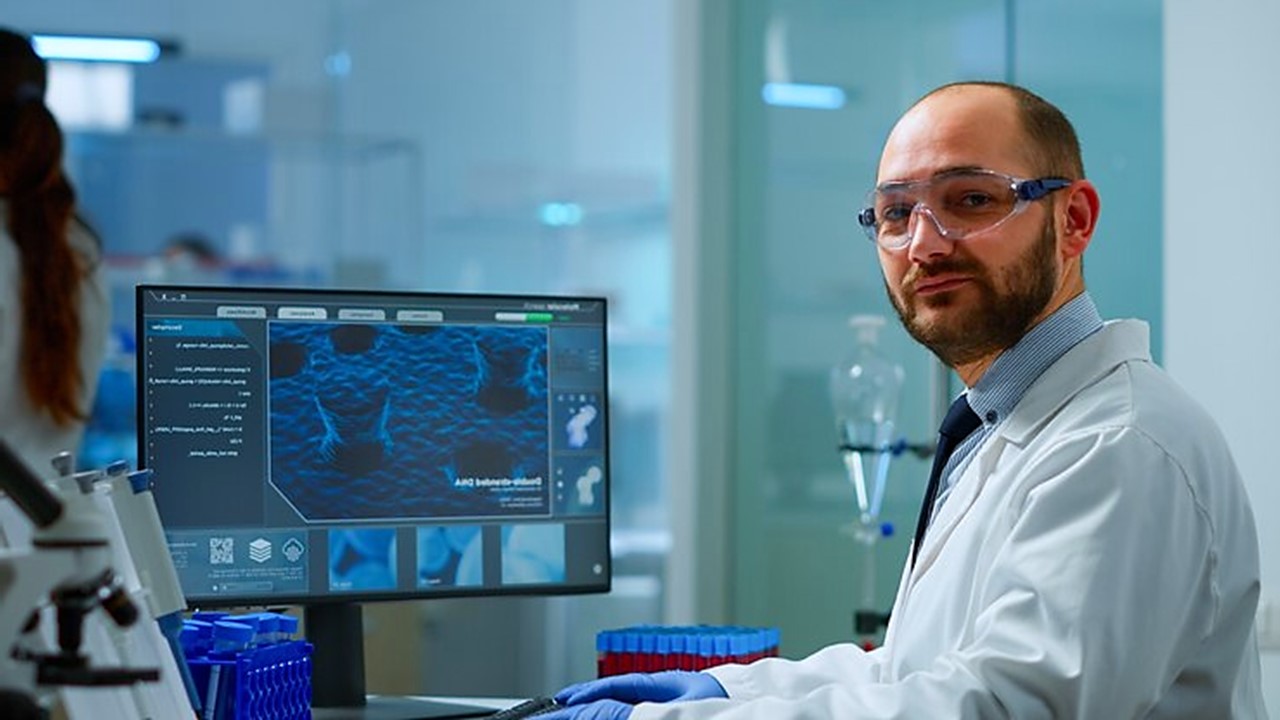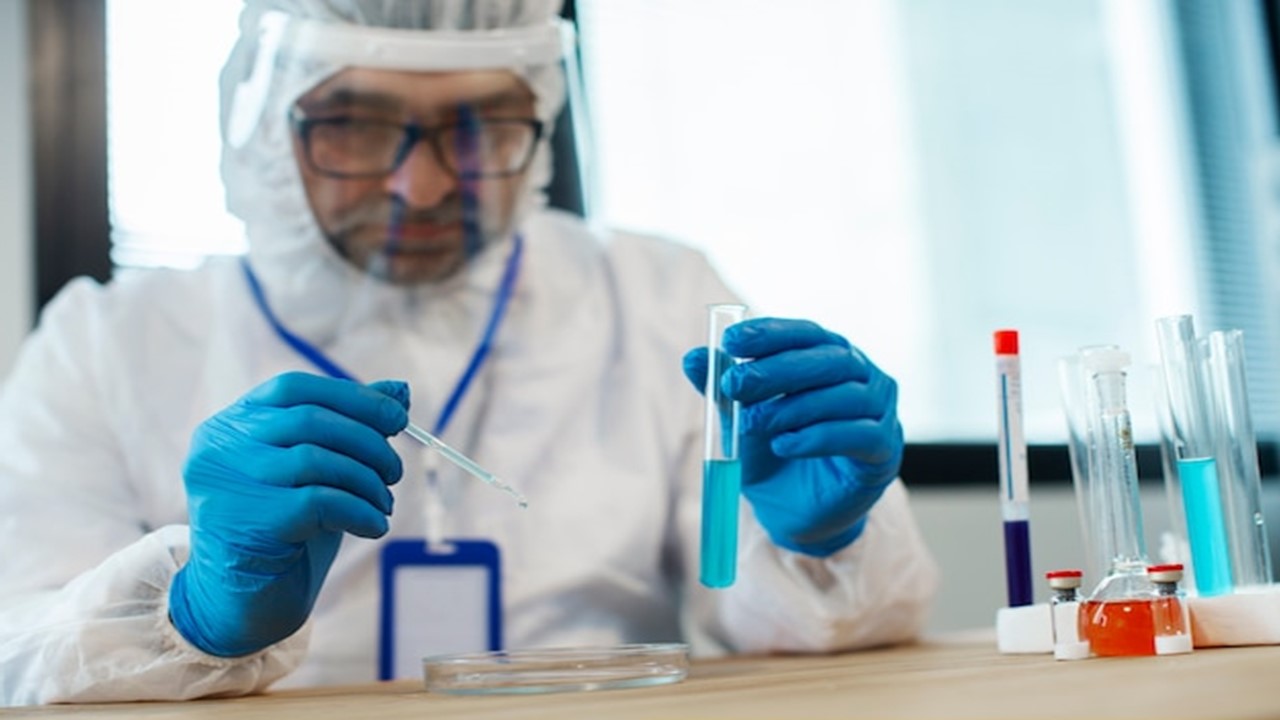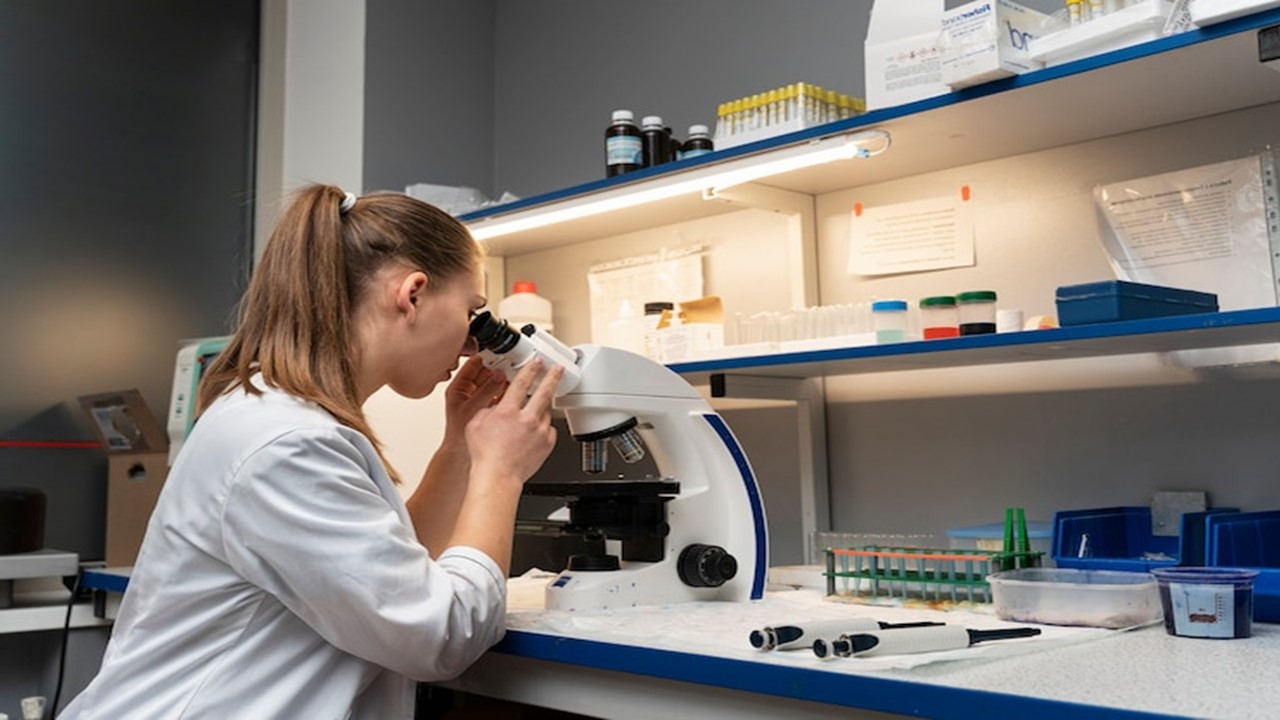After two years of virtual meetings brought about by the global COVID-19 pandemic, Proventa International is happy to announce the success of its strategy meetings in San Francisco and Boston. Our strategy meetings facilitated cutting-edge discussions on topics relevant throughout the life sciences sector and re-energized professionals seeking a return to a more personal, face-to-face format. The unique format provided by our Strategy Meetings enables engaging discourse in the more professionally intimate setting of our roundtable discussions, as well as matching industry stakeholders to solution providers that can fulfill their needs.
Clinical Operations, Pharmacovigilance and Clinical Trial Supply Chains
Our Clinical Operations strategy meetings honed in on the distinctive trends that have preoccupied the clinical development space for the last few years – describing the war stories in an industry that sought to adjust to a new reality of social distancing and increasing virtual technologies. The key topics across our Clinical Operations Strategy Meetings in San Francisco and Boston included:
- The effects of the pandemic on clinical trials and practice, and lessons learned from them
- The rise of Decentralized Clinical Trials (DCTs): a concept that has been reinvigorated by the pandemic and is here to stay
- The push towards increasing patient diversity, and how this objective dovetails with increased decentralization
- A focus on innovation in clinical study design, with novel biomarkers and endpoints
- Real World Evidence, its impact on clinical investigations, clinical development and its synergy with DCTs
- Leveraging novel technologies, including artificial intelligence, to advance clinical investigations
The field of pharmacovigilance has also seen exponential growth in prominence – with an increasingly health literate public and a stronger focus on regulatory oversight. Technologies that promise to deal with the increased demand for pharmacovigilance include natural language processing and machine learning, particularly for capturing and processing adverse event reports. To facilitate the discussion of these and other topics, our Pharmacovigilance event in Boston included representatives from throughout the industry. A strong focus on building resilient clinical supply chains in light of shortages during the pandemic, as well as accommodating the increasingly complex supply routes demanded by growing decentralization also featured in our Clinical Trial Supply Chains strategy meeting.
“I have attended these events before, and every time I find the interaction with the community enriching. Compared to normal conferences, strategy meetings enable personal conversations among professionals”
– One of our clinical operations roundtable facilitators
Medicinal Chemistry and Drug Discovery Biology
The pharmaceutical industry is experiencing a revolution, with multiple novel drug modalities aiming to break into the mainstream – these include small-molecule chimeras, antibody-drug conjugates, targeted therapies, and others. Our meetings focused on expanding the role these modalities have to play in the future of the industry, as well as innovations in drug discovery. These innovations include the addition of AI-enabled technologies in preclinical development, breakthroughs in phenotypic drug discovery and chemoproteomics methods to support it, as well as refined methods for identifying candidates in traditional target-based drug discovery. With the global shortage in primates and other animal models, advancing in vitro and in silico modeling has also become a key concern for discussion, as has the need to adjust to new technologies for structural biology – with advancements in protein structure prediction and cryo-electron tomography. The importance of collaboration and how to balance cooperation with competitive interests remains a top priority – with the pandemic shining a light on just how fruitful coming together can be.
One CEO of a start-up seeking to revolutionize drug discovery described their experience at one of our strategy meetings:
“It’s been a pleasure to attend – the strategy meeting has had a high concentration of experts and scientists that can truly communicate on crucial industry themes – the roundtables covered the topics most relevant to Medicinal Chemistry, and the common problems we all need to tackle”
Oncology
Oncology remains the leading space for innovation in the life sciences – representing the therapeutic area with some of the largest unmet clinical needs. Our aging global population means that the need for better ways to fight cancer is unlikely to abate – and our strategy meetings sought to facilitate communication on the bleeding edge of ways to do so. Discussion topics included the role of ctDNA and liquid biopsy technologies in enabling more frequent sampling, biomarker optimization and the importance of composite biomarkers, complex innovative trial designs, antibody-based therapeutics, adoptive cell therapy, as well as gene therapy. Precision medicine remains a hot topic for the field – with genomics-based approaches as well as targeted therapies growing in importance. Our events also touched upon more niche, but equally promising topics, such as the field of oncolytic viruses and their potential to reinforce our efforts in fighting cancer.
“Returning to in-person meetings has been refreshing and invigorating. The roundtable discussion we facilitated brought together a number of stakeholders from nonprofit agencies as well as drug developers – and enabled an exceptional discussion on the future of ctDNA and the technological needs in the field” – Testimonial from a roundtable facilitator at our Oncology strategy meeting
Bioinformatics
One common theme across our strategy meetings in all areas is the importance of growing technologies to support scientific innovation – improved modeling, predictive models for protein structures, natural language processing, integrating multi-omics approaches, machine learning and even the potential of quantum computing. Much like in the early 2000s, the life sciences are experiencing another bioinformatics revolution which promises to transform the industry, accelerate drug development and reduce costs and time associated with both preclinical and clinical development. Our bioinformatics strategy meeting concentrated on discussing these areas – and their current, as well as future, impact in the field. An emphasis was placed in how we use and manage date – rather than merely capturing it, as well as the importance of recruiting talent familiar with the technology.
“I had not been to a roundtable-only sort of event before, but it was nice to speak to peers and learn about the new types of data and challenges they are encountering; the one-on-one meetings were quite nice, providing pre-scheduled opportunities for interaction between peers whose interests align”
Proventa remains committed to facilitating leading events that cover the full spectrum of topics relevant to the life sciences – while providing opportunities for industrial, academic and scientific discourse. Join us at our next round of events in London in June 2022, or Zurich and Boston in November 2022!
Nick Zoukas, Former Editor, PharmaFEATURES
Subscribe
to get our
LATEST NEWS
Related Posts
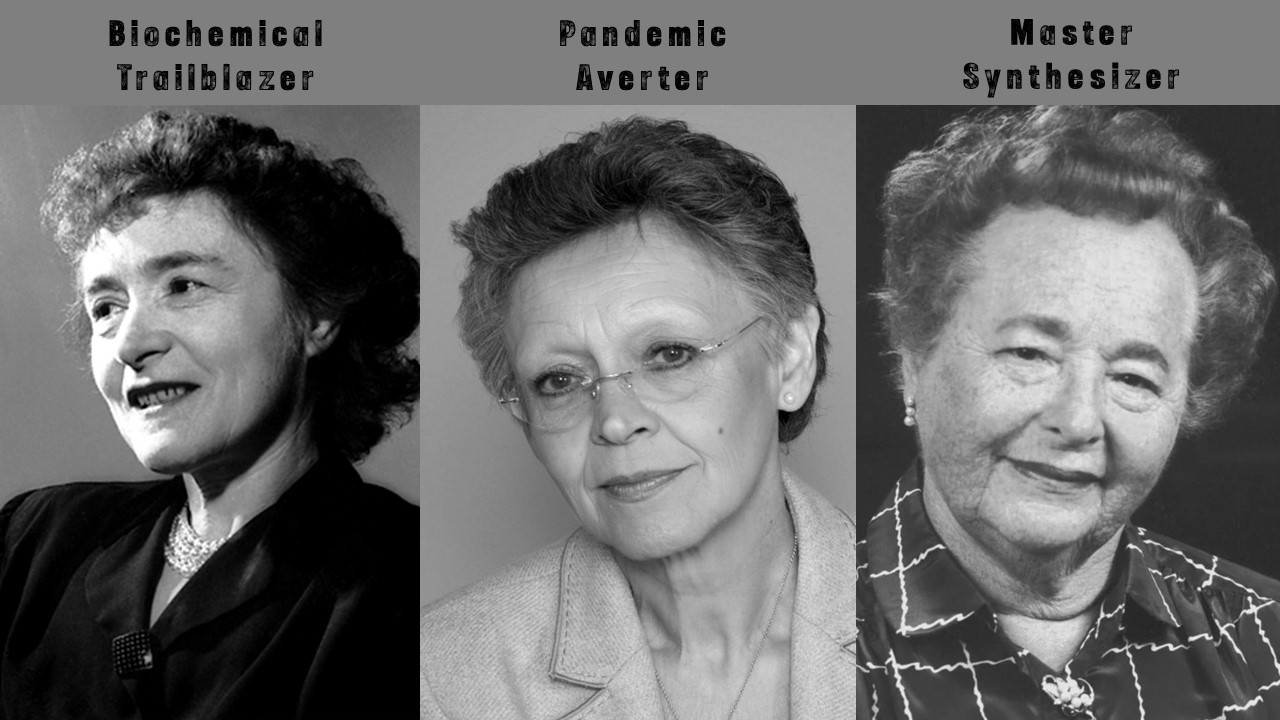
Leadership, Trends & Investments
The Immigrant, The Career-Undecided, and The Supermarket Supervisor-turned-Scientist
Learn more about the 1947, 1988, and 2008 Physiology or Medicine Female Nobel Laureates.

Leadership, Trends & Investments
Breaking Barriers in Radiopharmaceuticals: The Pioneering Leadership of Roseanne Satz
Roseanne Satz breaks barriers with her commitment to diversity and innovation in radiopharmaceuticals.
Read More Articles
Synthetic Chemistry’s Potential in Deciphering Antimicrobial Peptides
The saga of antimicrobial peptides unfolds as a testament to scientific ingenuity and therapeutic resilience.
